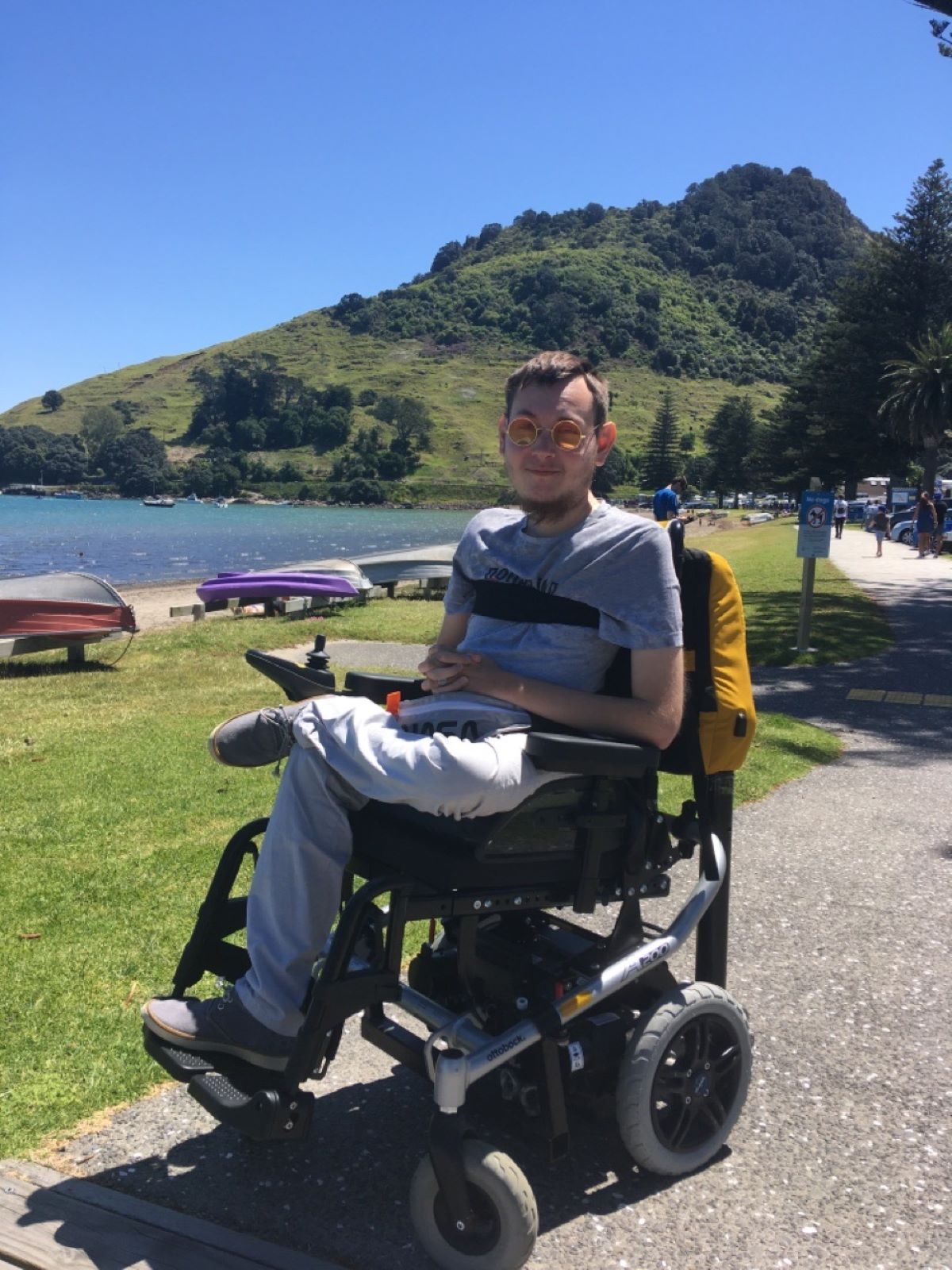Picking up your life as a disabled person and moving to a foreign country is never a decision taken lightly. But arriving to face an immigration system which insists you are a burdensome cost, purely on disability or health grounds, is a stress in a league of its own.
This is the experience of Juliana Carvalho from Brazil and Eugene Liapin from Russia, two disabled immigrants to Aotearoa New Zealand.
Juliana and Eugene say the narrative about disabled people as costly burdens which permeates Immigration New Zealand policy is entrenched and harmful.
Juliana: Honestly, the impact of going through receiving those letters saying, ‘you’re rubbish, you’re not good enough,’ that had a huge impact on my mental health, my self-esteem, on my relationships.
Eugene: You just begin to ask yourself the question: am I a human being here? Who am I? What am I?
Both have first-hand experience of meeting all the other qualifying criteria to stay in the country but being rejected for a medical waiver on health cost grounds. This waiver is the document immigrants with practically any disability or health condition need in order to be granted a visa or residency. Both Eugene and Juliana have at some point faced the threat of deportation.
The pain, stress and cost of navigating the many and various levels of appeals in the process is not only felt by the individual but by loved ones too, as Eugene reflects.
“You know that you have rights as a human being and they simply deny it. So, you just begin to ask yourself a question: am I a human being here? Who am I? What am I? … it’s painful for my family. My wife is crying every day actually.”
When I interviewed Juliana and Eugene, in early June, Eugene was facing deportation. That has now been overturned, after Immigration New Zealand agreed to reconsider his case for a work visa, and, this time, granted it. Eugene believes public and media pressure played a decisive role in that shift.
Still, the policy remains in place, unchanged, and if anything, the bar for attaining residency is placed even higher than it is for work visas, as Juliana knows all too well.
After Immigration New Zealand rejected her initial application for residency in 2014, she appealed to the immigration and Protection Tribunal. While the Tribunal agreed with her that INZ should do a reassessment, the reassessment reached the same conclusion. Next, they denied her application for a subsequent work visa, denied a reconsideration request, rejected an appeal for residency in special circumstances, left her facing deportation and rejected her appeal against deportation. She had at this point been living in New Zealand with most of her family, and contributing as a tax-paying employee and active community member, for seven[!] years.
In July 2020, she was finally granted permission to stay through Ministerial intervention.
“… that was like a huge relief and was amazing,” she says.
“But for me, it was like I won the battle because I got the yes for myself. But the war is not over, because there was no change in the policy.”
On June 17 this year, when Eugene found out his post-study work visa would be granted, he reacted similarly.
“I felt such a relief because I understood that there is no threat of deportation for now. And, but at the same time, I understood that I have no energy to celebrate this because I already spent so much energy and emotions into this fight… I was just like, okay, finally, that’s over. That’s good.”
But both Eugene and Juliana are clear that it’s not just about their cases. The current policy (here’s a summary) means that people with disabilities or health conditions deemed to be likely to pose significant cost to NZ’s health or education system are systematically discriminated against.
Juliana is petitioning the NZ Parliament to change that. In March, at a historic rally of hundreds of disabled people calling for equal rights and decision-making over their lives at Parliament, Juliana delivered the petition. She left the crowd, which included members of Parliament, with the following message.
“I tell you, to fight the system, a system that discriminates, was the hardest thing I ever faced in my life. The medical waiver process annihilated my self-esteem and destroyed my drive to live. The emotional toll was way worse than becoming paraplegic.
“I have a dream that, in the future, we will say, oh, can you believe that discrimination on disability grounds was acceptable in 2021? I truly believe that we can make change.”


I am a disabled staff nurse (endorsed enrolled nurse) in South Africa . I have family members in Australia and New Zealand but if i ever decided to immigrate, fear i would not be allowed to based on being disabled.
LikeLike